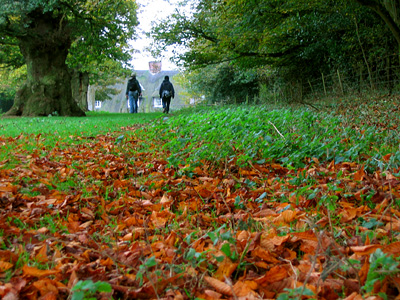At 10.15pm - that is in one minute - there is a choice. You can either tune in to hear the last two thirds of this week's programme live or go to the I-Player and catch last Friday's edition just in time. Only the 30 minutes of it remaining!

Ian and the Verb New Voices
The Verb New Voices were interesting enough. Bohdan Piasecki, from Poland, read a poem based on a "How To Learn English" book. John Osborne from Norwich described a train journey in a piece called "Listening to Stuart Maconie" while Kuwaiti-born poet Fatima Al Matar focussed on silence when it has sound.
Joe Dunthorne's short story about his girlfriend's conjunctivitis very effectively captured the ordinary and yet unusual concerns of people when they suddenly find they are unwell. His ability to bring to life dialogue and settings in an identifiable way should see that he goes far.
The highlight for me though was the very unusual performance by Gilli Bloodaxe, Geoff Hearn and Monty Oxymoron about a mythical creature roaming the Sussex Downs called "The Bitchling Deacon". I can't say that I've ever seen him whenever I have strolled to the Jack and Jill windmills. Nevertheless, it is certainly my kind of wordplay!

Ian and the Verb New Voices
The Verb New Voices were interesting enough. Bohdan Piasecki, from Poland, read a poem based on a "How To Learn English" book. John Osborne from Norwich described a train journey in a piece called "Listening to Stuart Maconie" while Kuwaiti-born poet Fatima Al Matar focussed on silence when it has sound.
Joe Dunthorne's short story about his girlfriend's conjunctivitis very effectively captured the ordinary and yet unusual concerns of people when they suddenly find they are unwell. His ability to bring to life dialogue and settings in an identifiable way should see that he goes far.
The highlight for me though was the very unusual performance by Gilli Bloodaxe, Geoff Hearn and Monty Oxymoron about a mythical creature roaming the Sussex Downs called "The Bitchling Deacon". I can't say that I've ever seen him whenever I have strolled to the Jack and Jill windmills. Nevertheless, it is certainly my kind of wordplay!















Comment